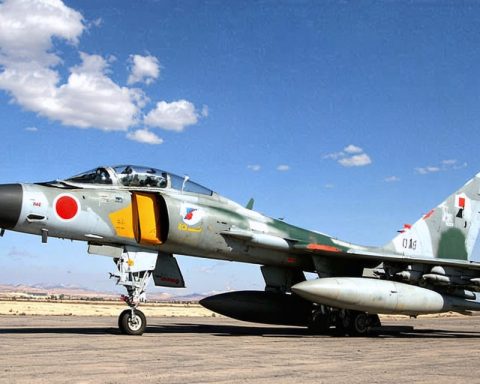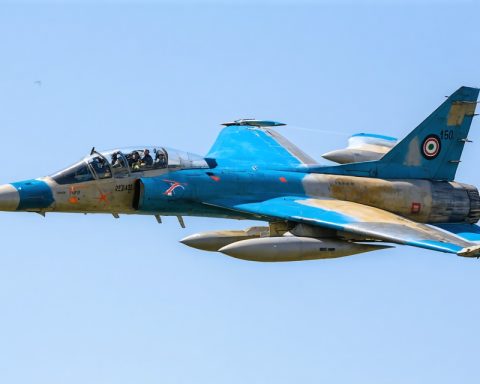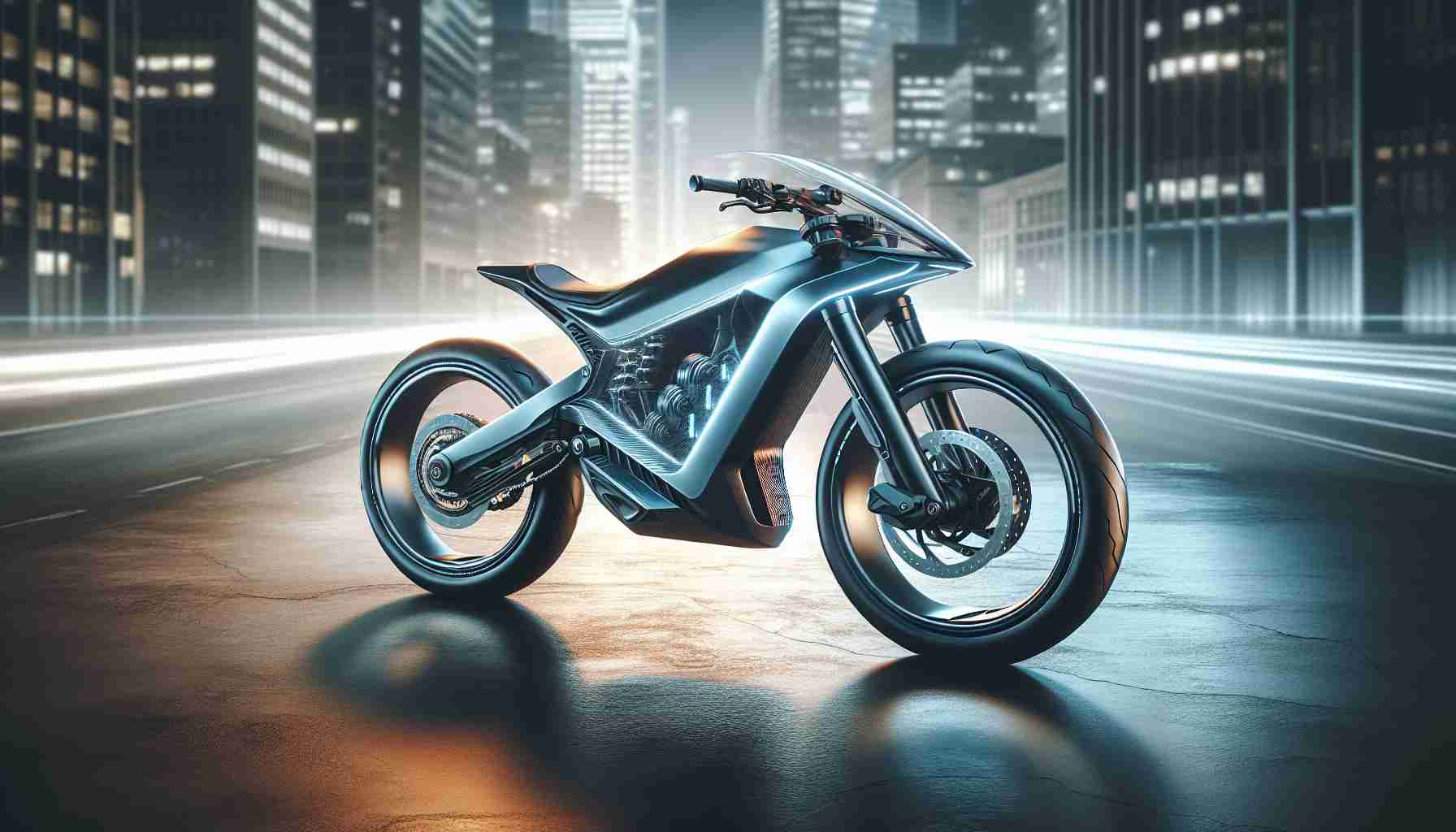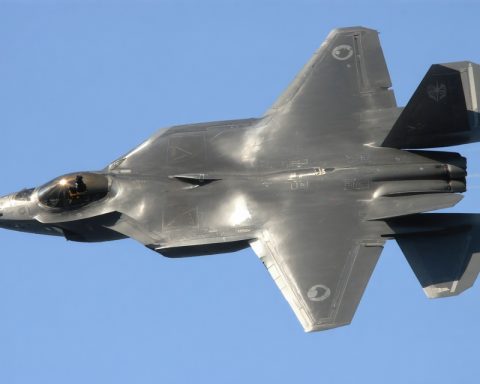The legendary C-130 Hercules, a cornerstone of military aviation since its introduction in the 1950s, is poised to redefine the future of air operations. As military forces worldwide grapple with the need for greater efficiency and technological sophistication, the C-130 is embracing cutting-edge advancements that could revolutionize air mobility and logistics.
Recently, Lockheed Martin, the manufacturer of the C-130, has been exploring the integration of autonomous flight technology into this storied aircraft. The potential for equipping the Hercules with advanced autonomy systems promises to transform how militaries utilize this versatile workhorse. By enabling unmanned operations, the modernized C-130 could undertake missions ranging from supply drops in hostile environments to medevac operations in non-permissive areas, all while minimizing risk to human crews.
The hybridization of AI with traditional piloting capabilities offers unmatched flexibility. Not only could this extend the operational lifespan of existing fleets, but it could also allow for more precise operations through enhanced situational awareness provided by AI-driven sensor suites. This leap forward is expected to lessen the logistical burden on human pilots and ground personnel while improving mission success rates.
Beyond autonomy, the Hercules is also looking to the future of sustainable aviation. Concepts for modified engines that utilize alternative fuels are in early stages, aiming to reduce the carbon footprint of military operations.
As the C-130 Hercules steps into a new era, it stands at the confluence of tradition and innovation, serving as a testament to the enduring adaptability of military aviation platforms amidst a rapidly evolving technological landscape.
Is the Future of Air Mobility at a Crossroads?
As the beloved C-130 Hercules embarks on a journey of transformation, its future modifications have sparked intriguing debates on the implications for global aviation. The potential for autonomous and sustainable advancements raises several questions: How might these changes affect the lives of people, communities, and countries?
Autonomous Flight: A Double-Edged Sword?
Autonomy in military aviation, while promising reduced risk to human life and improved mission capabilities, also brings ethical challenges. Could reliance on unmanned aircraft lead to increased military interventions? Communities near military bases might experience disruptions if autonomy increases operational frequency. While technological sophistication enhances mission success, it also pries into privacy concerns, demanding a balance between tech use and legislative oversight.
Sustainability: Hope or Hype?
The shift towards sustainable aviation through modified engines is notable. Lowering the carbon footprint is undeniably a positive step for the environment, but it also presents economic challenges. Implementing alternative fuels can be costly, and countries with tight defense budgets may struggle to adapt quickly. Yet, for nations emphasizing green initiatives, the new technology aligns with wider environmental goals, potentially strengthening international relations.
Why Does This Matter?
For civilians, the advancements could mean safer skies and reduced pollution, while militaries might achieve unprecedented efficiency. However, are these benefits worth potential socio-political repercussions? As technology shapes the future of aviation, careful consideration of its broader impacts is crucial.
For more on technological innovations in aviation, visit Lockheed Martin or explore sustainable aviation insights at Boeing.









